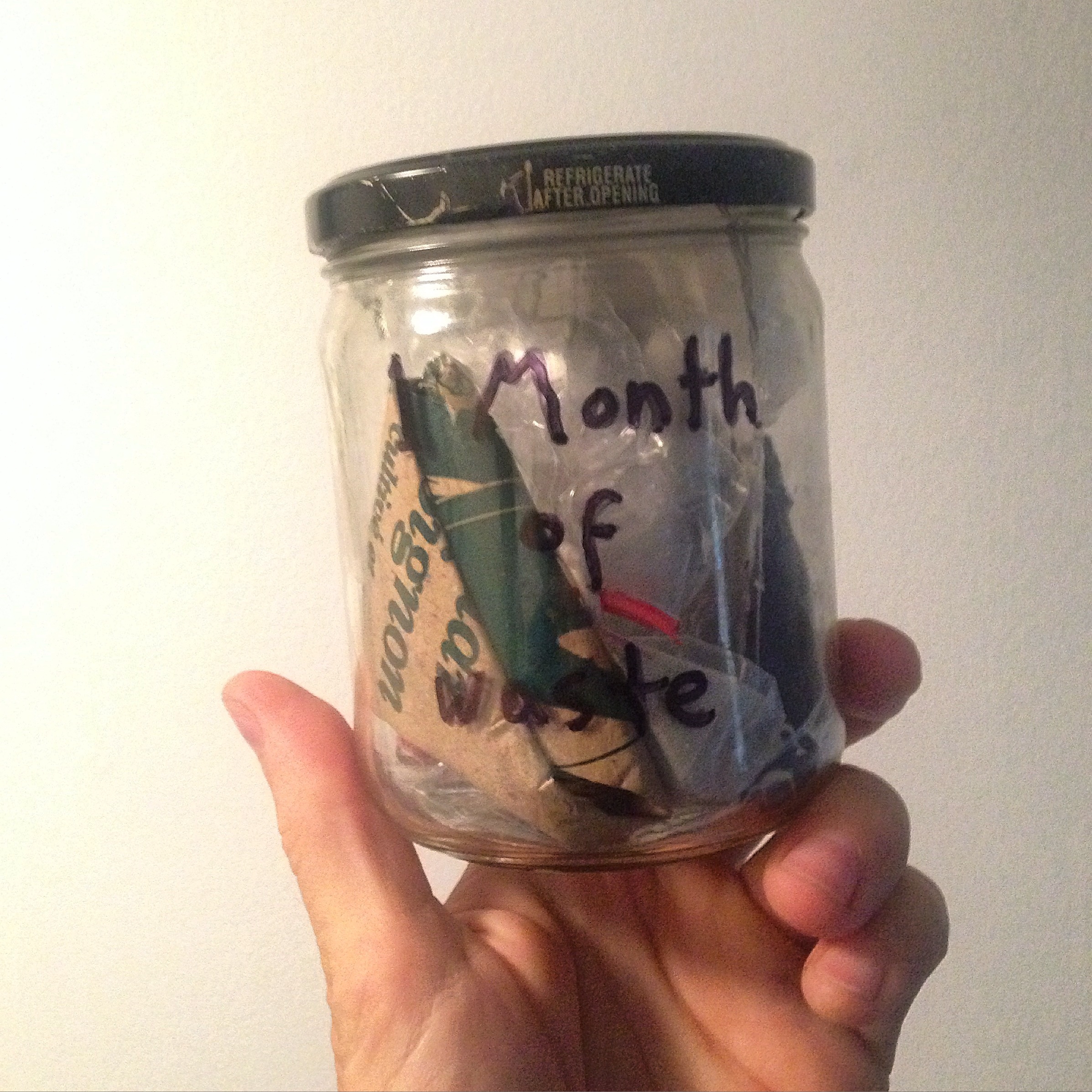Living in a city isn't ideal for growing your own food. I have been city bound for several years in London and now Vancouver. I have always wanted to grow my own food and become a little more connected to the whole process but time or space has often offered me enough of an excuse to avoid starting. This is the first year I have ever really prioritised learning about food. It's strange, with hindsight, to think it has taken me 32 years to get around to learning about something I am so reliant on and interact with every few hours. I still face the same issue of lack of space but this year I have made more time for learning. That extra time has allowed me to start a Permaculture Design Course and volunteer one day every week on an urban farm. While these experiences have taught me a lot about food they have also made me realise that food production can be very time consuming and some people simply don't and never will have the time. But what I have also discovered is that there is still lots of ways to understand, connect with and learn about food than working on a farm. Here are a list of ways you can learn more about your food without growing it yourself.
Avoid the Supermarket. Supermarkets might give off the impression that they are in it to provide healthy, affordable, nutritious meals for you and your family but lets face it, at the end of day they just want your money. The supermarket experience disconnects you from your food. Too much choice, everything wrapped in packaging so it lasts longer, picked way before it's ripe so it ripens on the way to you, lots of waste and staff who often aren't connected to the food supliers. Buying food in a supermarket is a chore and there is very little opportunity to learn about the food you are buying other than the fact it comes with another one free.
Shop at local stores instead of the supermarket. Buy your food from local grocers, delis and butchers. The experience allows you to connect with the food much more as you can ask the staff questions about the food. You'd be surprised how much information the staff in a smaller grocery store can provide if you simply ask. Most are happy to tell you and can even give you advice on other things you might like to try. There is more of an interaction between staff and the food and therefore there is more interaction between you and the food. It is often locally sourced, less packaging and you can ask them to order things in or offer advice on how it should be cooked.
Farmers Markets allow you to speak directly to the person who most likely nurtured that carrot from seed to food. You can ask whether it is organic or not, where it was grown, how big the farm is, how many staff, do they have chickens? All of these interactions allow you to understand the process behind your food getting to your plate which makes eating it much more enjoyable.
Community Supported Agriculture or CSA for short raises the stakes once again. The concept is that you sign up in advance for a share of food for a whole season. The farmers get busy growing the food and you collect the food each week. A CSA directly connects you to your food. You eat seasonal produce that was harvested the same day, you share the experience with the farmer of abundance and shortages, and you taste what real, fresh, nutritious food is supposed to taste like. You can ask all the questions you want, you will build up a relationship with the farmers and you can more than likely actually help harvest the food if you can spare a little bit of time.
Bake, Ferment, Preserve offer relatively quick and easy ways to start understanding your food a little more than just handing over money in exchange. Bake some bread, ferment some cabbage into Sauerkraut or simply preserve some pickles for winter. I can assure you that baked bread tastes considerably better than any store brought bread (N.B. this may only apply to you the baker).
Sprout some seeds. While technically sprouting seeds is growing something it is so amazingly easy and quick to do that I can't think of a good enough excuse for you not to try this at least once. It will cost you next to nothing as all you need is a window sill, a glass jar, water and some seeds. They may not feed your entire family but they offer that connection to seeing food, that you have looked after, grow. It will take you back to being at kindergarten growing cress and you will be just as excited the first time you see the seeds grow. Sprouted seeds are also incredibly nutritious for you too. Here are some great instructions on how to sprout.
I know for some people the cost of food can be the main priority in all of this. While some delis and butchers can be over priced you don't need to buy all of your food from them just a few pieces once every few weeks and sprouting really will not cost you more than the price of a loaf of bread.
If you have any other suggestions for how people can start to better understand their food please share in the comments below.














